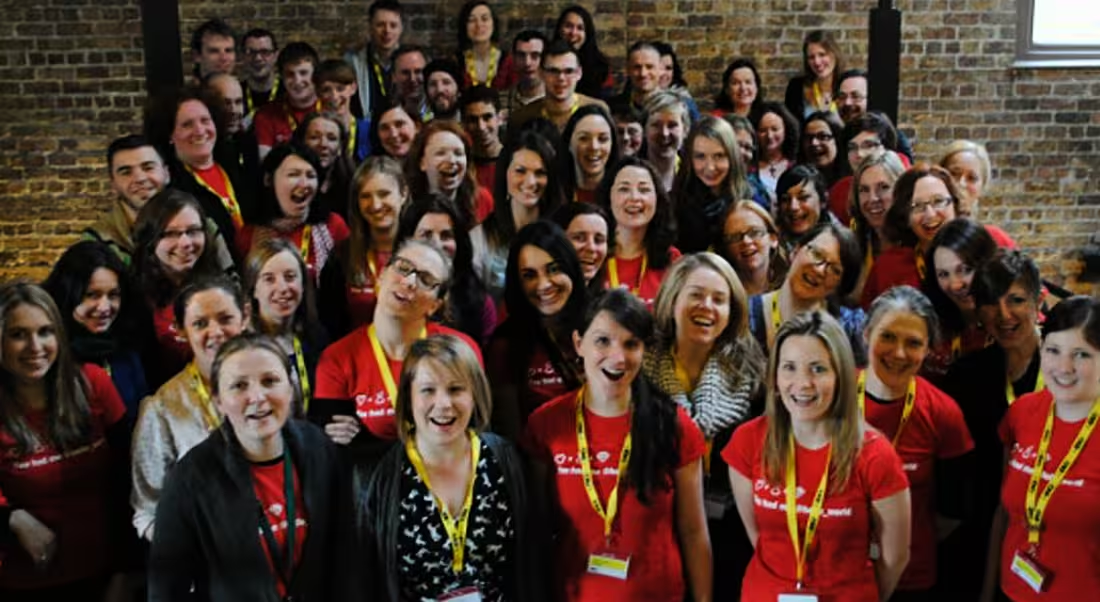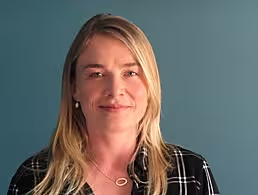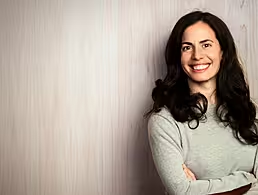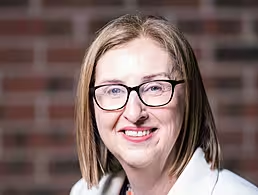One month ago, an initiative called Rails Girls rolled into Dublin for the first time thanks to RedHills web developer Emily Castles. We caught up with Castles, fellow organiser Fiona Hyland from the NDRC, and a participant from the Dublin event to talk about women and coding and how to make the two meet more often.
Rails Girls is an international movement that provides guidelines and materials for workshops that teach women how to code using Ruby on Rails, an open-source web application framework for the Ruby programming language.
“You go onto the website and it just looks like it’s going to be fun,” said Castles who last year was looking for a way that she could teach Ruby on Rails to others in order to better her own understanding. This was her initial motivation for setting up a Rails Girls event, not to tip the gender scales in the coding world. But then she began to wonder why, when she attended community-run Rails events in Dublin with 60 or 70 people, there would be only two or three girls in attendance.
There’s no reason for women not to be interested in programming when our lives so regularly revolve around it. “Everybody uses the internet. Everybody uses smartphones. It’s one of those things that people want to know more about if they’re on the user side of it,” said Castles. “People want to know more about how they could build and they have ideas. I think it’s great to give people that chance to expose themselves to that side of things.”
For 45 female participants at the Dublin Rails Girls event, this opportunity was opened up to them with the help of the NDRC.
NDRC support
“Usually Ireland is quite progressive with this kind of thing, so we were a little bit behind,” said Hyland, NDRC marketing and communications manager, who was delighted to get involved with Ireland’s first Rails Girls event. When the NDRC was approached by Castles, it was Hyland that helped her to arrange the event at their building in Dublin’s Digital Hub.

Fiona Hyland, NDRC marketing and communications manager
The NDRC had its own motive for supporting this workshop. “Our main objective of it was to get women thinking about entrepreneurship, as well as moving outside their chosen careers, because we’re big fans of women leading start-ups,” said Hyland.
“We’ve got start-ups in NDRC who are constantly looking for programmers and they’re all men. There are very few programmers like Emily out there,” she added. Hyland hoped an event like Rails Girls would help to demystify coding for women, helping them to realise that anyone can do it if they put their mind to it.
From the beginning
Rails Girls started in Finland in 2010, pioneered by Linda Liukas and Karri Saarinen. Last year, 40 of these workshops took place worldwide, and by the time it reached Ireland they had spread to 36 countries.
The philosophy of Rails Girls is to start with absolute beginners, like Nicola Ward, who attended the Dublin event. “That was my first time even trying to programme ever,” said Ward, who comes from a science background but, unhappy with work, became an accountant (and administrator, and meltdown suppressor) for her partner Simon Rand’s web and mobile development company, Iorum Consultants.
During her working day, Ward is surrounded by programmers who love nothing more than to talk about programming – something she wasn’t able to join in on. When Rand was asked to speak at the Rails Girls event, Ward jumped at the opportunity to learn more about what her colleagues did.
Learning the language
A common reason for participating in Rails Girls was not to take the first step in becoming a programmer. It was simply to understand this popular language and the people that work with it. “Even if I went and I hated it, at least I’d know exactly what [my co-workers] wanted if they needed my help with something,” Ward explained.
The workshop has also helped Ward in dealing with clients. Now she has a grasp of the lingo, she not only understands her workplace better, she can also better explain to others what they do and how long processes will realistically take.
Hyland, who also participated at the event, would find herself frustrated when she couldn’t understand what developers were talking about. “There’s such a breakdown of communication between the marketing function in business and the developer function, because they’re not that good at communicating,” she said. “But if they both understood a bit more about each other’s jobs, then communication would improve.”
Catching the bug

Nicola Ward participating in the Dublin Rails Girls event. Photo by Declan McGrath
A sure sign of the success of Ireland’s first Rails Girls event is that many participants went home with a new grá for code, and an application made from scratch. “I’ve heard from people that they went home and they were doing more stuff on their app after the workshop and trying to make it better,” said Castles.
Ward is just one example of a new enthusiast. “All I can think about is how can I change [my app] and make it better,” she told me. “I am doing it in the evening time when the baby’s in bed and Simon’s on his computer. It is really addictive.”
Ward admitted that she “got hooked”, and has since started to teach herself more programming with the help of her partner and co-workers – whose obsession she now understands. “If you get a problem and you can’t fix it, you feel desperate to get it, and then when you do get it , the satisfaction is so unbelievable,” she explained.
Ward described how this feeling peppered throughout the Digital Hub at the Rails Girls event. “All around the room you could just hear little cheers of when the girls got something to work,” she recalled.
Do it yourself
The more people hear about Rails Girls the more they want to get involved, and Castles assured me that the events are easy to organise, thanks to the tried-and-tested format given by the website. “It’s there for anybody to organise one, they just have to go on and express interest to the girls in Finland and they’ll get the go-ahead,” she said.
One of the participants from the Dublin event clearly believes her, because she is planning an event in Galway in May and is now seeking coaches to accommodate 44 potential students. Hyland also informed me of a woman who flew over from Newcastle to take part in the event and is now going to organise her own workshop there.
Though getting experienced programmers to give up a Friday night and a full Saturday may not sound easy, Castles was surprised at the reaction she got from the coding community, with 22 coaches turning up at the event to tutor 45 participants. “It’s unreal how willing people are with their time and how people want to meet up and talk about these things after work time,” she said.
And the coaches weren’t all male, either. Castles’ aim was for a 50/50 balance of female and male mentors, and she very nearly achieved it with 10 women and 12 men turning up. “I wanted to have that [balance], at least with the coaches,” she said. “I’d love to be able to make that happen in other events that I go to, or other group meet-ups. It would be great if we could start to push the percentages in the right direction a little bit.”

Emily Castles mentors at the Dublin Rails Girls event. Photo by Caitriona Dwyer
Striking a balance
The Rails Girls event did help to bring female programmers out of the woodwork, and at the next Ruby Ireland night, Castles was happy to see some newly familiar faces. “There was loads of people there, but there was a lot more girls than would normally have been,” she told me.
Workshops like this could encourage more women to take up coding, as well, and this is something that could directly impact on companies like Iorum Consultants, who have trouble finding women to fill their vacancies. “We’re always saying we wish there were more girls that we could hire, that were more suited to the roles that we have,” said Ward.
For Ward – the only woman in an otherwise all-male office – understands the need for different perspectives in the workplace, and keenly noticed how a developer from Iorum who coached some of the Dublin Rails Girls reacted to these female coders. “I think that Alan really enjoyed that on the day – seeing how the girls were creating their apps rather than the way he’d do it. There’s different ways of thinking but that doesn’t mean you still can’t have a good product in the end.”
But it’s up to the women to see that there’s nothing stopping them from entering the world of programming, and that they will more than likely be welcomed, if they just give it a go. “If you don’t understand something, or you don’t try to understand something, you’re never going to get exactly what you want,” Ward advised.

Image by Caitriona Dwyer
Women Invent Tomorrow is Silicon Republic’s year-long campaign to champion the role of women in science, technology, engineering and maths




